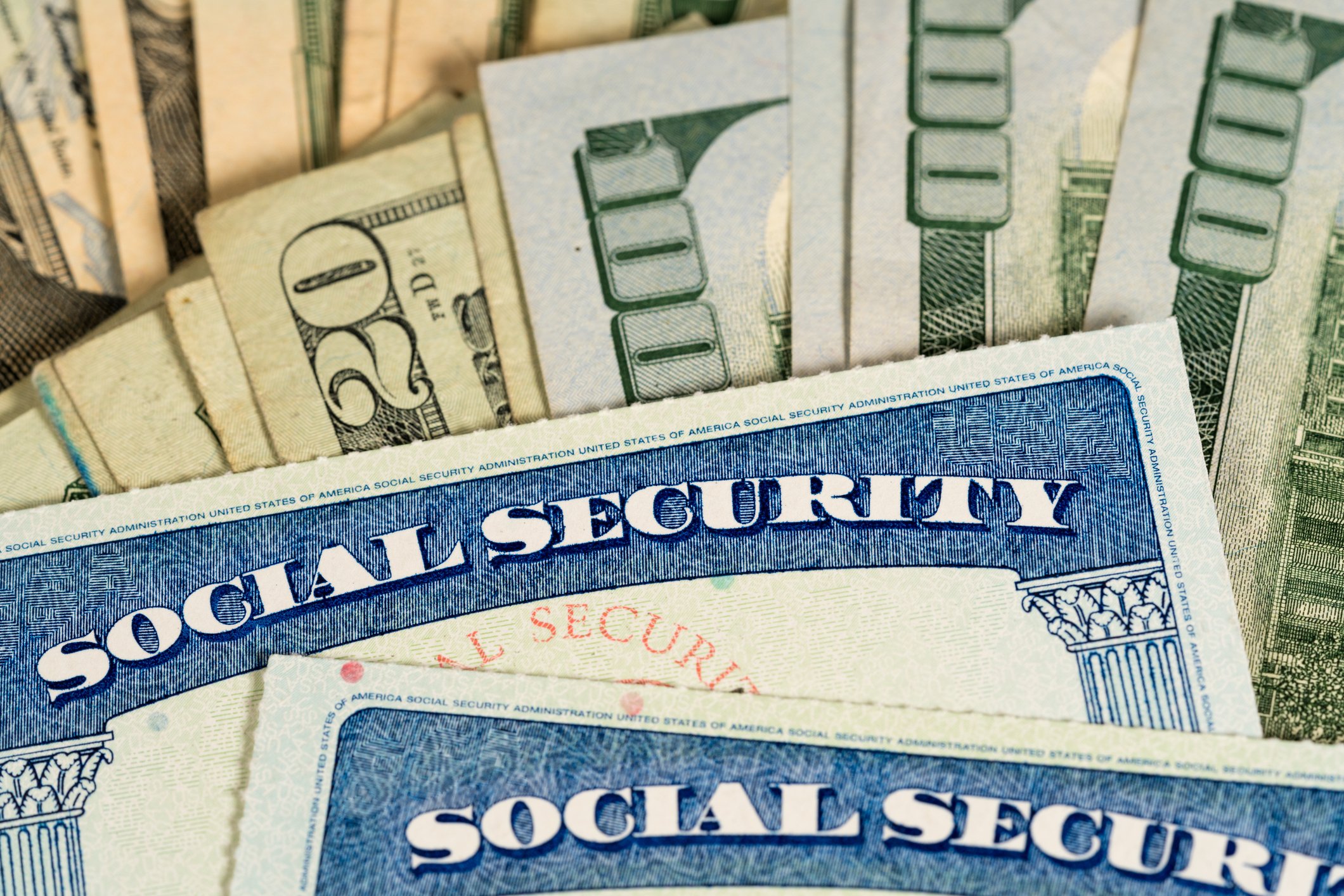Deciding when to start collecting your Social Security benefits is a bigger decision than you might think, because your checks will be smaller if you start early, and they'll be bigger if you delay.
It may seem as if waiting to claim benefits until age 70 is smart -- and it is, for many people -- but there are plenty of solid reasons to start collecting early. Here are three of them.

Image source: Getty Images.
No. 1: You have to
You might have your plan all set -- perhaps to work until age 65 or 70. That's great, but things don't always work out as planned. The 2016 Retirement Confidence Survey found that 46% of retirees left the workforce earlier than planned, with 55% citing health problems or a disability as the reason and 24% citing changes at work such as a downsizing or workplace closure. Many people retire early because they have to. And in such situations, income from Social Security is often welcome, if not critical.
What can you expect to receive? Well, the average monthly check for retirees was recently $1,472, or about $17,600 annually. Those who earned more than average during their working years will receive more than that, though: The maximum benefit for those retiring at their full retirement age this year is $2,861, or about $34,300 annually. If you start collecting your benefits early, though, you'll be receiving reduced benefits -- they can be as much as 30% smaller if your full retirement age is 67 and you start collecting at 62. (The earliest age at which you can start collecting is 62, and the latest age is 70.)
To find out more precisely what you can expect to receive in retirement, head to the Social Security Administration (SSA) website and set up a my Social Security account. Doing so will let you see the latest estimate of your eventual benefits, based on the SSA's record of your earnings. While you're there, it's smart to examine that record and make sure it's accurate -- because if it isn't, your benefit checks can end up smaller than they should be. (Setting up an account can even prevent identity theft and associated headaches, because you may be doing so before a scammer does so for you, aiming to collect your benefits.)
No. 2: Delaying may not be worth it
While starting to collect benefits early will shrink them, delaying can make them bigger -- by about 8% for each year beyond your full retirement age that you delay. Delay from 67 to 70, and you can make your checks 24% bigger. What's not to like about that? Well, understand that the system is designed to be a wash: The Social Security Administration has explained that "If you live to the average life expectancy for someone your age, you will receive about the same amount in lifetime benefits no matter whether you choose to start receiving benefits at age 62, full retirement age, age 70 or any age in between." After all, those who get smaller checks are likely to get far more of them than those who wait for bigger checks.
Waiting until age 70 if you can is well worth it if you end up living a very long life. Few of us have a clear idea of how long we'll live, but if you're not in the best health or you have many relatives who passed away in their 70s or earlier, starting to collect at 62 can be smart. (Be sure to think through any coordinating strategies with your spouse, though, as sometimes it can be effective to employ a strategy such as having one of you start early while the other delays.)
No. 3: You may be able to retire early
A last good reason to start collecting Social Security at 62 is that it can help you retire early. You only live once, after all, and if you don't love your job and you can manage to retire early, why not? Retiring early can give you the best chance of being able to make the most of retirement; young retirees can generally enjoy their money more, being healthier and more able to travel, enjoy recreation, and so on.
Be sure that you can swing an early retirement, though. Read up on how much money you might need, and figure out how you'll amass it. Even if you don't have enough socked away to retire right now, there's a good chance that if you get more aggressive about saving and you invest your money effectively, you can make your retirement happen sooner.
Here's how much you might amass, depending on how far from retirement you are, if you average an annual growth rate of 8%:
|
Growing at 8% for |
$10,000 Invested Annually |
$15,000 Invested Annually |
$20,000 Invested Annually |
|---|---|---|---|
|
5 years |
$63,359 |
$95,039 |
$126,719 |
|
10 years |
$156,455 |
$234,682 |
$312,910 |
|
15 years |
$293,243 |
$439,864 |
$586,486 |
|
20 years |
$494,229 |
$741,344 |
$988,458 |
|
25 years |
$789,544 |
$1.2 million |
$1.6 million |
|
30 years |
$1.2 million |
$1.8 million |
$2.4 million |
Social Security income is critical to the vast majority of retirees -- including, probably, you. So take some time to learn more about it so that you'll be equipped to make smart decisions that can strengthen your future financial health.





